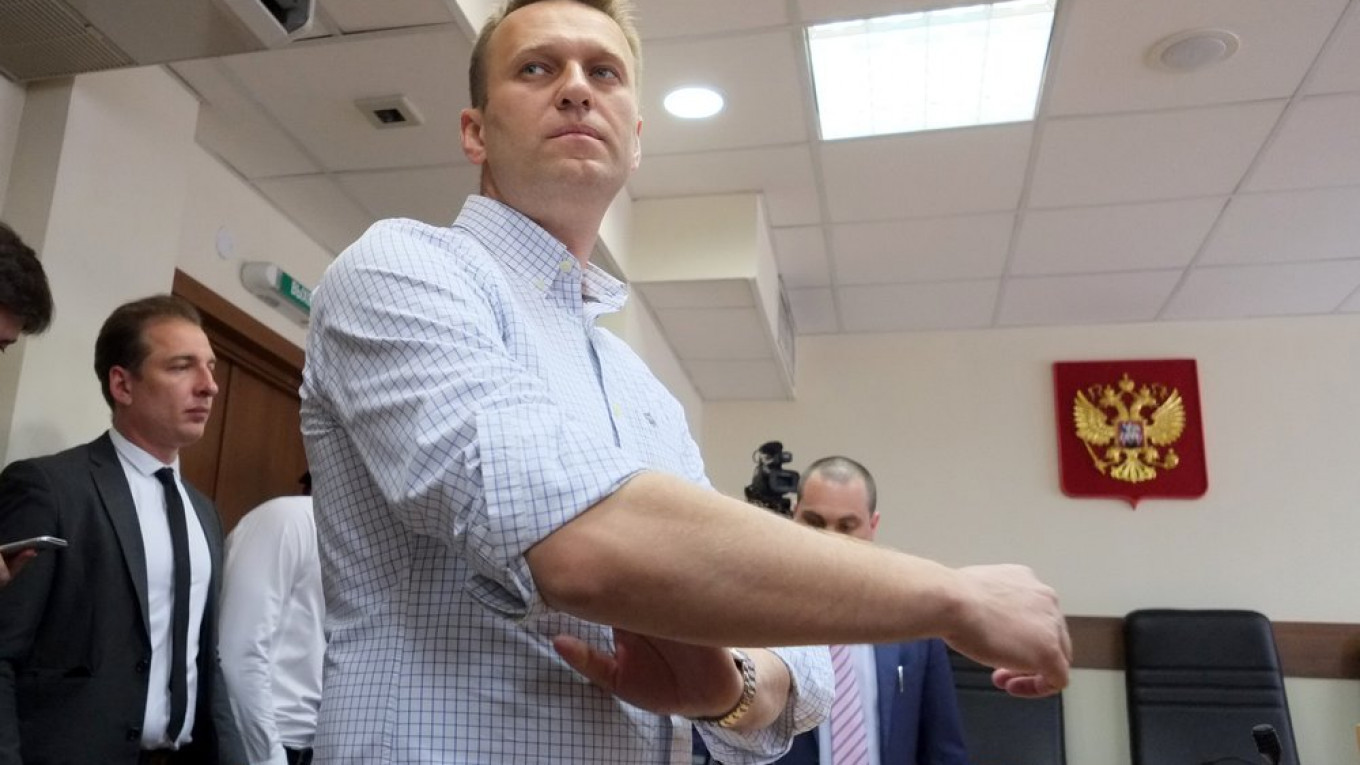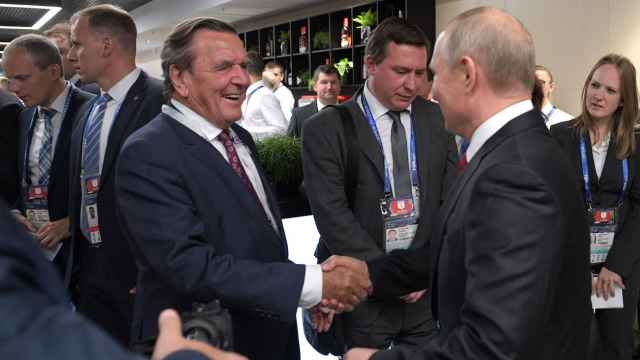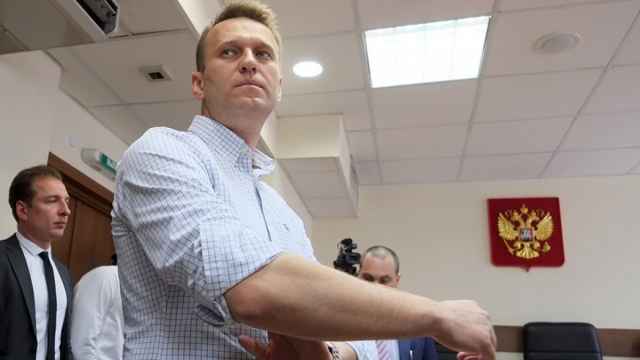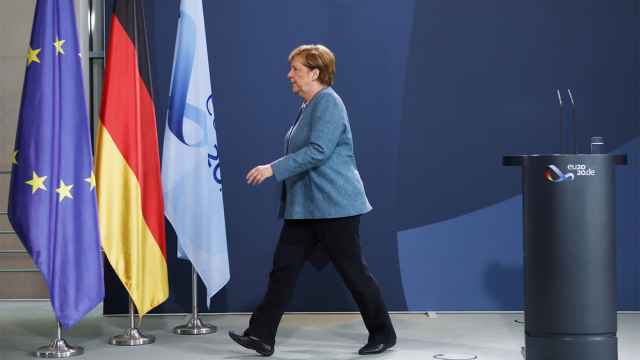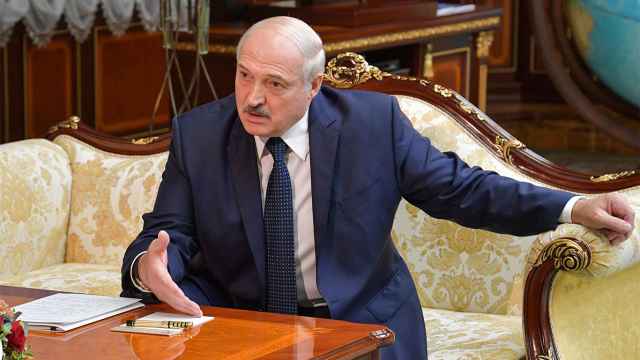Leading Russian opposition figure Alexei Navalny said German prosecutors interrogated him and his wife at Moscow’s request Thursday despite Russian authorities refusing to launch a criminal investigation into his poisoning.
Navalny is undergoing rehabilitation in Berlin after recovering from what European scientists established was poisoning with a Novichok nerve agent in Siberia this summer. Russia has insisted that Germany provide hard evidence of the poisoning, which it denies, before it opens a criminal probe.
Navalny told his aides in a weekly YouTube show Thursday that German prosecutors had read out a “standard” questionnaire forwarded by their Russian colleagues as part of an unspecified international cooperation agreement.
Among other standard questions, they asked Navalny what he ate and which medications he took around the time of his poisoning, as well as whether he suffers from diabetes. Russian medics, officials and Kremlin-backed media outlets have at various times claimed that Navalny fell violently ill from a metabolic disease, alcohol poisoning or low blood sugar.
“What’s strange is you can interrogate a person as part of a criminal case, but that doesn’t exist. That’s why the Germans couldn’t understand what was happening for a while,” Navalny said.
The 44-year-old Kremlin critic promised to publish a detailed list of the questions as well as his answers sometime later.
Navalny’s interrogation in Germany follows the publication of a joint media investigation that named who it said were the likely culprits of his Aug. 20 poisoning.
“It was a long procedure, so I skipped all the fun with Putin’s press conference,” he said, referring to the Russian president’s end-of-year presser.
There, President Vladimir Putin confirmed the investigative media report's findings of Russia’s Federal Security Service (FSB) agents tailing Navalny for years and accused him of working with U.S. intelligence agencies. The authors of Russia’s draft law on expanding the “foreign agent” label to individuals suggested that Navalny could be branded as one even in Germany.
In August, Russian prosecutors formally asked Germany’s justice ministry for Navalny’s medical analyses and diagnoses. Navalny, who was airlifted to Germany in a coma, has vowed to return to Russia as soon as he makes a full recovery.
A Message from The Moscow Times:
Dear readers,
We are facing unprecedented challenges. Russia's Prosecutor General's Office has designated The Moscow Times as an "undesirable" organization, criminalizing our work and putting our staff at risk of prosecution. This follows our earlier unjust labeling as a "foreign agent."
These actions are direct attempts to silence independent journalism in Russia. The authorities claim our work "discredits the decisions of the Russian leadership." We see things differently: we strive to provide accurate, unbiased reporting on Russia.
We, the journalists of The Moscow Times, refuse to be silenced. But to continue our work, we need your help.
Your support, no matter how small, makes a world of difference. If you can, please support us monthly starting from just $2. It's quick to set up, and every contribution makes a significant impact.
By supporting The Moscow Times, you're defending open, independent journalism in the face of repression. Thank you for standing with us.
Remind me later.


